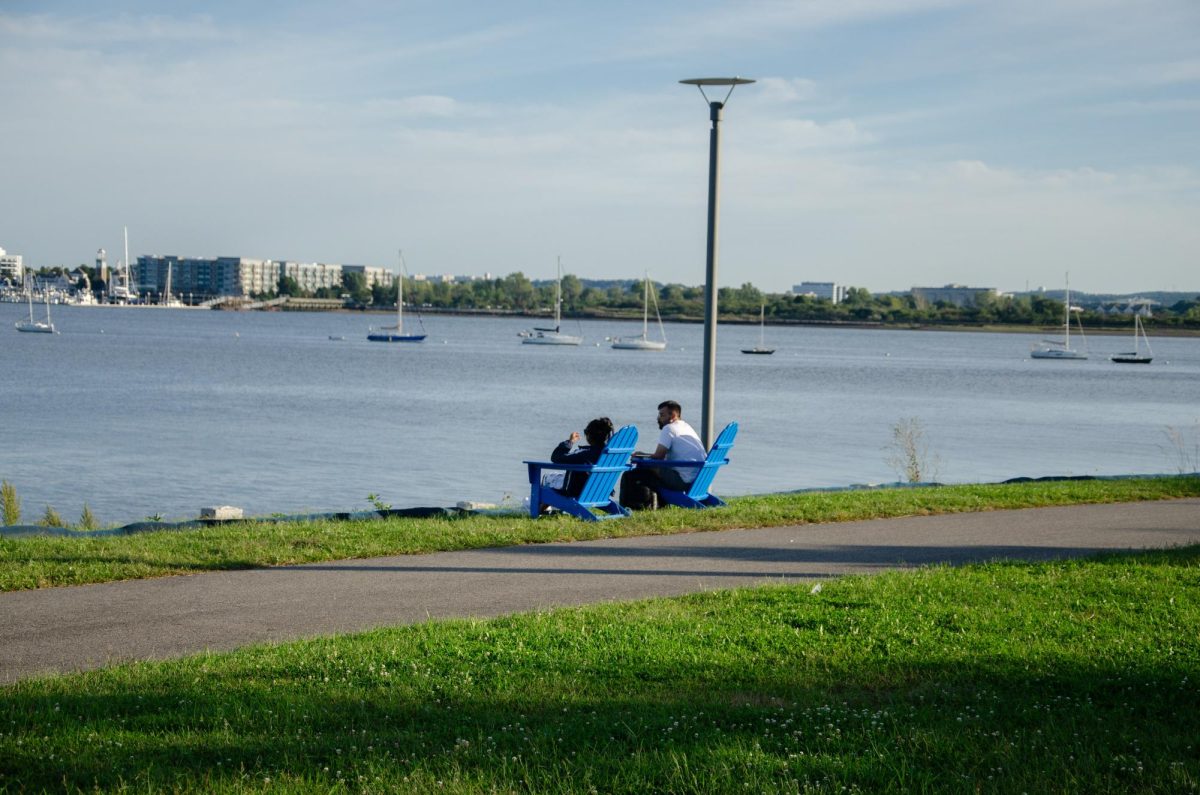The year was 1952, and the Chilean Ambassador and poet, Pablo Neruda, nestled back into the sand on his beloved Isla Negra. From Myanmar to Sri Lanka, Indonesia, Argentina and España…the last 19 years of his tour of diplomacy were extensive. His only consistent companion at every stop was the ocean—a companion that greets UMass Boston just the same. Ambassador Neruda fished out a pen, and began his homage. Decades later, and 5,000 miles away, his words from the poem “The Sea” find me here at UMass Boston: In the opening lines of The Sea, Pablo Neruda writes, “I need the sea because it teaches me / In some magnetic way / I move in the university of the waves….”
Meanwhile, in Boston, another pen was at work, gripped by the hand of Boston Public School Committee Chairman Isador Munchick. As the ink touched down on the document, Boston City Teacher’s College became the property of the state and assumed its new identity: Boston State College. Despite Munchick’s best efforts for Boston students—from pursuing a Ph.D. in Psychology to securing a college education for every city educator, something just seemed to be missing, and it was more than just the money.
The new administration of Boston State College provided some relief to ongoing dilemmas, but the sense of something missing still haunted the halls until 1971. The college’s president, Ralph Van Meter, encountered an idea. Twenty-six joint neighborhood groups from Savin Hill had petitioned the Boston Redevelopment Authority to convert the local dump into a seaside university. Gazing out over Boston Harbor, Van Meter’s imagination picked up pace. The benefits of relocating Boston State College to the seaside seemed endless. In the same year that Pablo Neruda marched across the stage to accept his Nobel Peace Prize in poetry, Van Meter sat in awe as his missing piece materialized. Boston State College needed the sea.
Three years later, in 1974, Boston’s newest “university of the waves” was complete. To mark this momentous expansion, a new name was bestowed: The University of Massachusetts Boston.
Our studentship under the sea has developed us into a world-renowned research and civic engagement authority. And the sea continues to teach us. Its enrollment is always open, its lessons are never the same and its resources seem to never run out. As we cherish and revere the sea, she continues to envelope us in as our protector, our confidante, our navigator, our mentor and the most powerful member of our symbiotic habitat.
As we settle into our studies, taking time to learn from the sea can exponentially increase both our wellness and success. Dr. Sally Nazari, Psy.D., of “Beyond the Couch” podcast explains the sounds and sights of the ocean activate the parasympathetic nervous system, inducing tranquility while simultaneously improving both focus and memory. The research of Dr. Richard Shuster, Psy.D., shows taking a break from a mentally demanding task to spend time by the sea can produce significantly better results than taking breaks in other places, or no breaks at all.
There are multiple ways to connect with the sea at UMass Boston. Whether walking or rolling on the Harbor Walk, scheduling a boat ride through UMBinvolved, meditating or praying with an ocean view at the Interfaith Chapel, or joining MASSPIRG to protect our underwater mountain range, Cashe’s Ledge, the benefits of the sea remain accessible to all.
The year is 2023, and in the UMass Boston Spanish Center on floor six of the Healey Library, my hand skimmed the binding of “Veinte Poemas de Pablo Neruda.” I’m so thankful, in some magnetic way, to move in the university of the waves.

